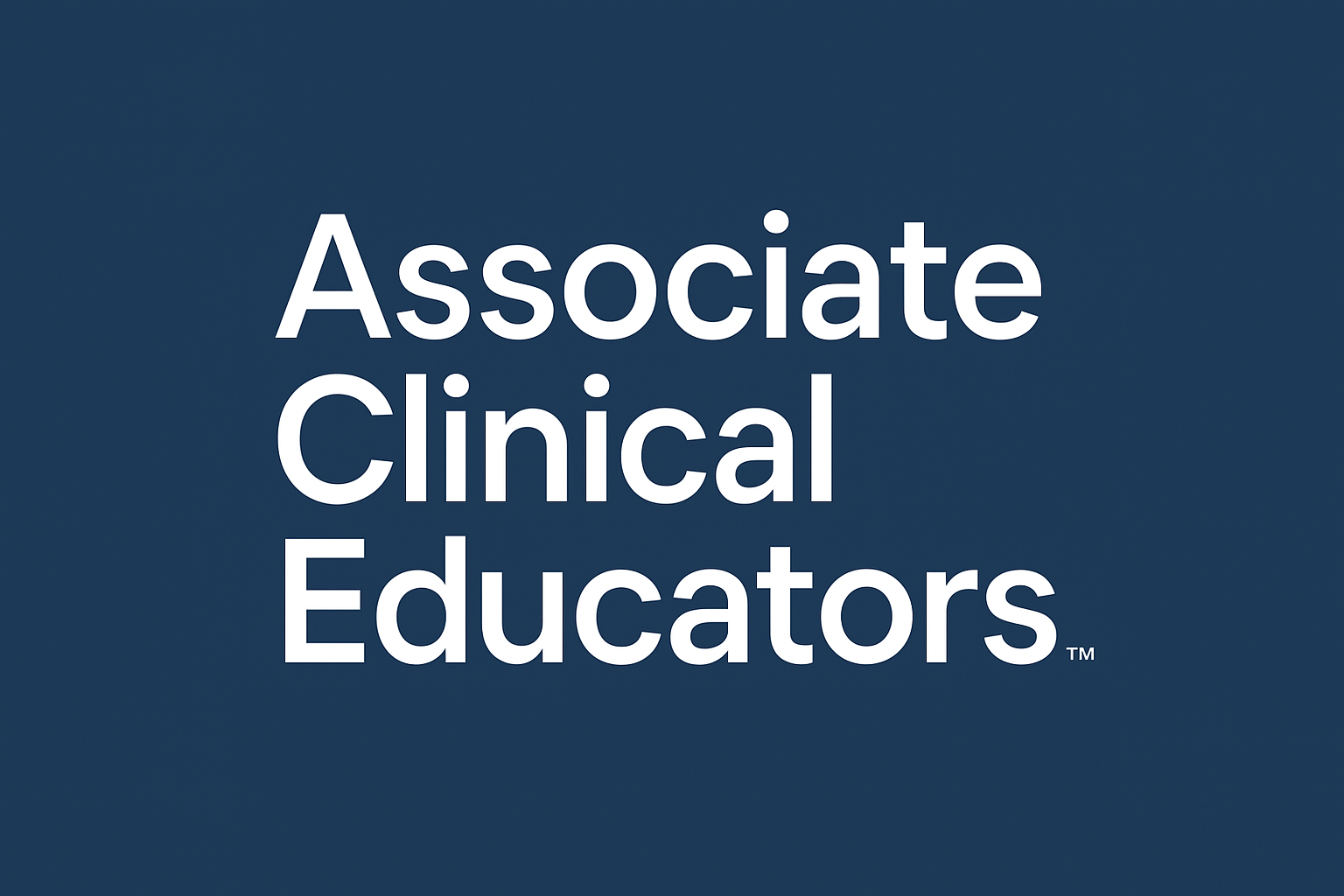Professionalism in Undergraduate Medicine: Key Insights and Challenges
In the ever-evolving field of medical education, professionalism is paramount in shaping...
Read Moreby R Spour | Aug 6, 2024 | Associate Clinical Educators, Clinical Education | 0 |
In the ever-evolving field of medical education, professionalism is paramount in shaping...
Read Moreby R Spour | Jun 14, 2023 | Associate Clinical Educators, Meducate Academy | 0 |
Being an Associate Clinical Educator (ACE) is a rewarding and dynamic role that contributes to the education and growth of future healthcare professionals. The ACEs receive immense fulfilment from positive student feedback and...
Read Moreby R Spour | May 1, 2023 | Associate Clinical Educators, Meducate Academy | 0 |
If you’re an Associate Clinical Educator (ACE), you may have wondered what sets you apart from a simulated patient or medical role player. In this article, we will be exploring this question and providing a useful...
Read Moreby R Spour | Mar 19, 2023 | Associate Clinical Educators, Meducate Academy | 0 |
Do You Want To Be Part Of Our Team? Are you an Actor, Role-player or retired Clinician who would like to get involved in our ACE training programmes? We are looking for people with the following attributes Skills? Do you have a...
Read Moreby R Spour | Dec 31, 2022 | Associate Clinical Educators, Meducate Academy | 0 |
The Bootcamp for Physician Associate students at Chester University is an intensive training program designed to help students prepare for National Exams. It involves practising skills, receiving feedback from experienced...
Read Moreby R Spour | Oct 31, 2022 | Associate Clinical Educators, Meducate Academy | 0 |
I want to answer a question I am regularly asked by academics, clinicians, students and other medical roleplayers: “How does an ACE differ from a medical roleplayer, a simulated patient and a volunteer patient?” The...
Read Moreby R Spour | Sep 30, 2022 | Associate Clinical Educators, Meducate Academy | 0 |
It’s always busy at Meducate Academy and some weeks are busier than others, but what is it an ACE does? What’s a typical week in the life of an ACE? It’s a question I often get asked by students and role-players and friends...
Read Moreby R Spour | Jun 24, 2022 | Chester University, Meducate Academy, Wolverhampton University | 0 |
Those that follow us on social media will also know that we were interviewed by James Catton of The Physician Associate Podcast. We had a great time answering his many questions, and it also gave us the opportunity to let a...
Read Moreby R Spour | Feb 15, 2022 | Associate Clinical Educators, Meducate Academy | 0 |
Recently my attention was drawn to an article, ‘It’s Not An Acting Job … Don’t Underestimate What A Simulated Patient Does”: A Qualitative Study Exploring the Perspectives of Simulated Patients in Health...
Read Moreby R Spour | Nov 22, 2021 | Associate Clinical Educators, Meducate Academy | 0 |
Kate Straughton is one of the senior lecturers with the Physician Associate Programme at the...
Read Moreby R Spour | Aug 31, 2021 | Associate Clinical Educators, Chester University | 0 |
Working on the Physician Associate Programmes as an Associate Clinical Educator is always a pleasure. It’s an even better experience when you give a new ACE an opportunity to spread their wings and fly solo for a day. They are...
Read More
